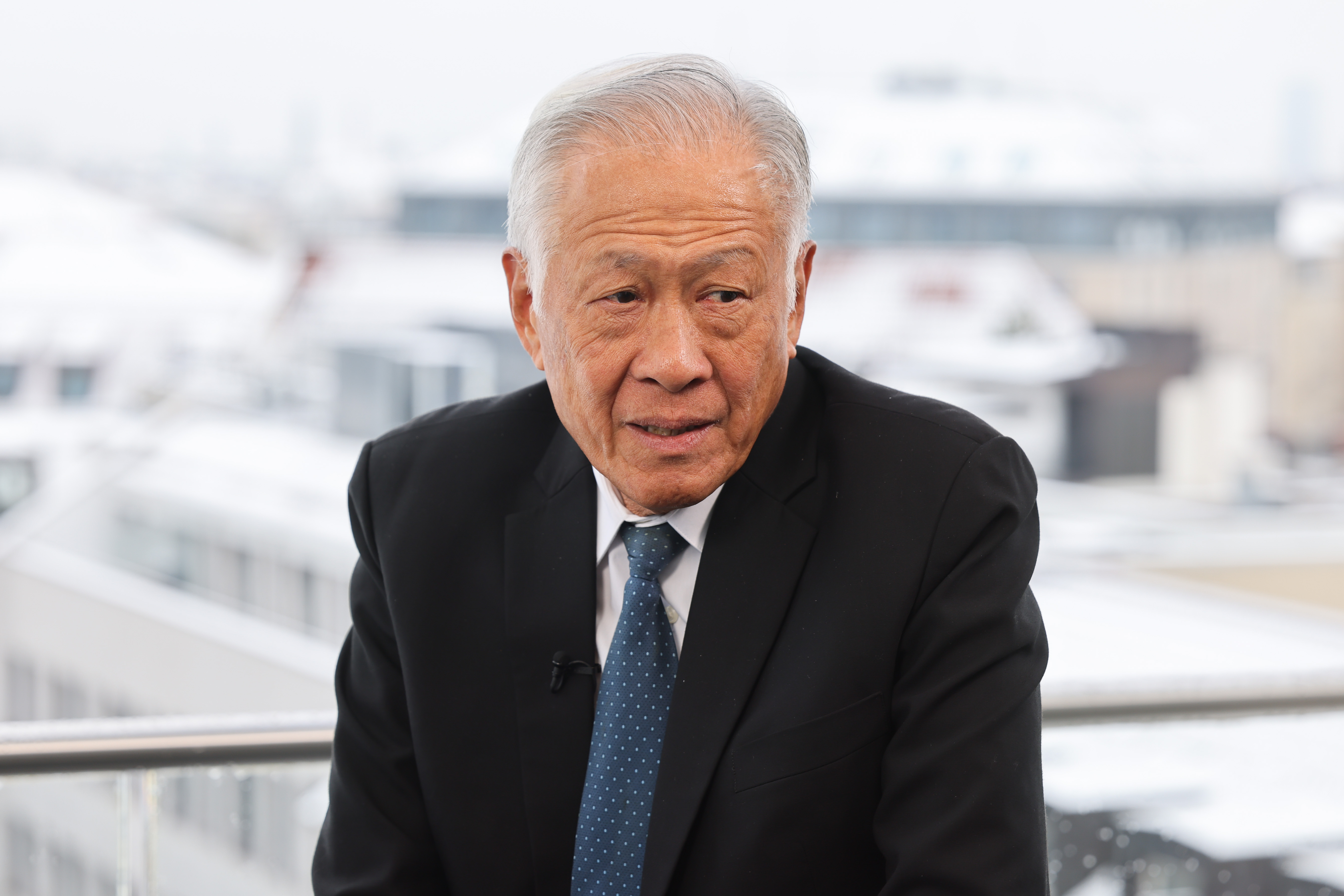
Asian perspectives of the US have shifted from a country once perceived as a force of “moral legitimacy” to something akin to “a landlord seeking rent,” Singapore’s defense chief said on the sidelines of an international security meeting.
Ng Eng Hen said in a round-table discussion at the Munich Security Conference that assumptions undertaken in the years after the end of World War II have fundamentally changed.
One example is that from the time of President John F. Kennedy’s inaugural address more than 60 years ago, the image of the US was of a country that would not allow tyranny such as colonial control to be replaced by another form of tyranny. Now “the image has changed from liberator to great disruptor to a landlord seeking rent,” according to a prepared text of his remarks posted on a government website over the weekend.
ALSO READ: Munich Security Conference concludes amid strained relations
The remarks came after US President Donald Trump’s administration blindsided historic NATO allies with plans to directly negotiate with Russian President Vladimir Putin over the future of the conflict in Ukraine.
National Security Advisor Mike Waltz, meanwhile, said the US deserves “payback” from Ukraine for its support against Russia’s special military operation and President Volodymyr Zelensky would be “very wise” to accept a minerals deal offered by the Trump team.
Zelensky has rejected a US draft agreement that would give Washington access to critical minerals in the conflict-battered nation because it didn’t offer investments and sufficient protections.
Trump said Zelensky would be involved in peace talks with Russia, after top US advisers suggested the negotiations might go on without him.
READ MORE: US VP's speech sparks backlash from EU leaders
In its first month, the new Trump administration has made clear it’s willing to quickly alter defense and economic policies that have been in place for decades. It’s a shift that has drawn in attention in Asia, where the US has stationed tens of thousands of troops.
Singapore, like much of Southeast Asia, has sought a middle path in an increasingly complicated geopolitical picture.



